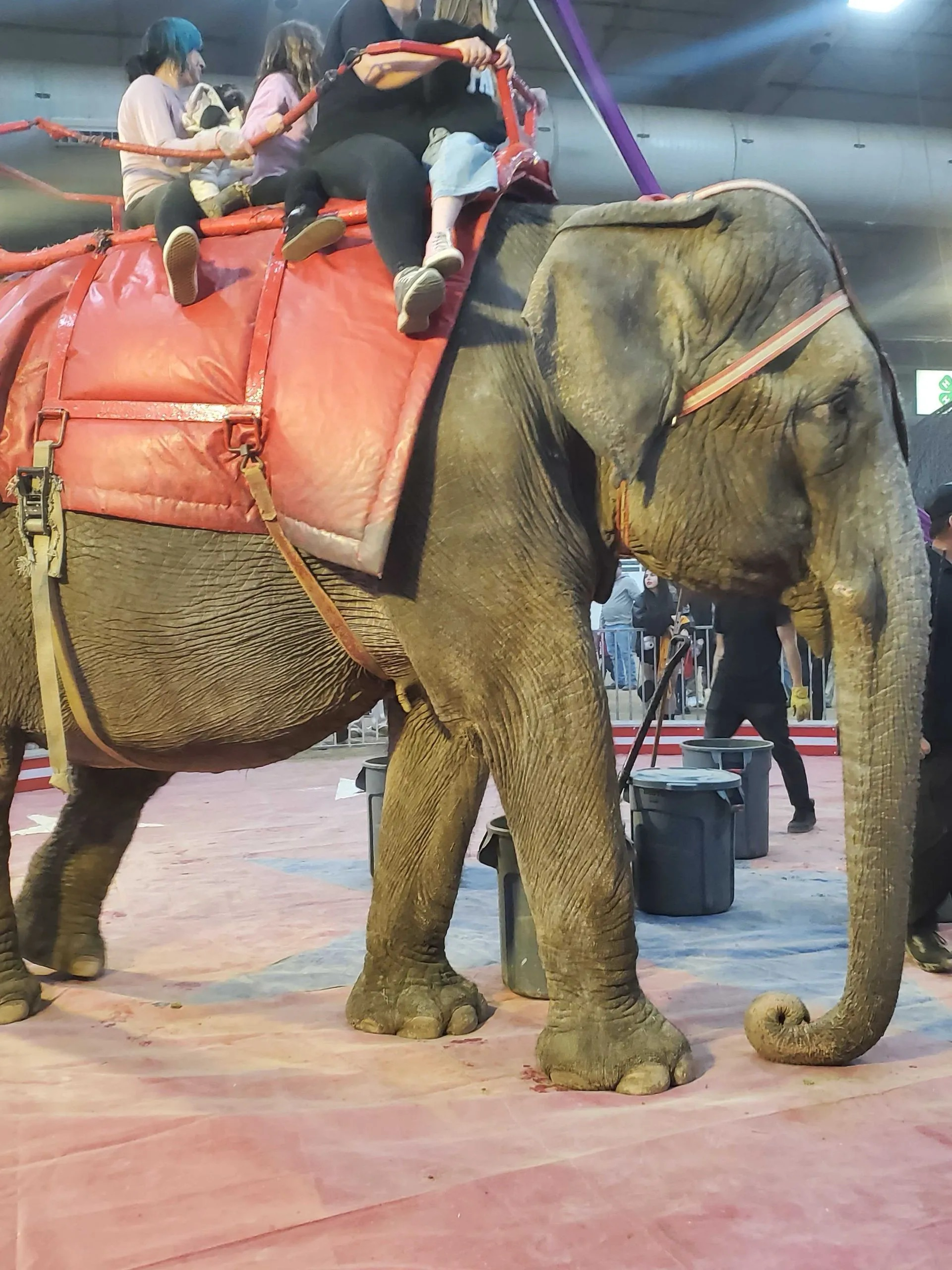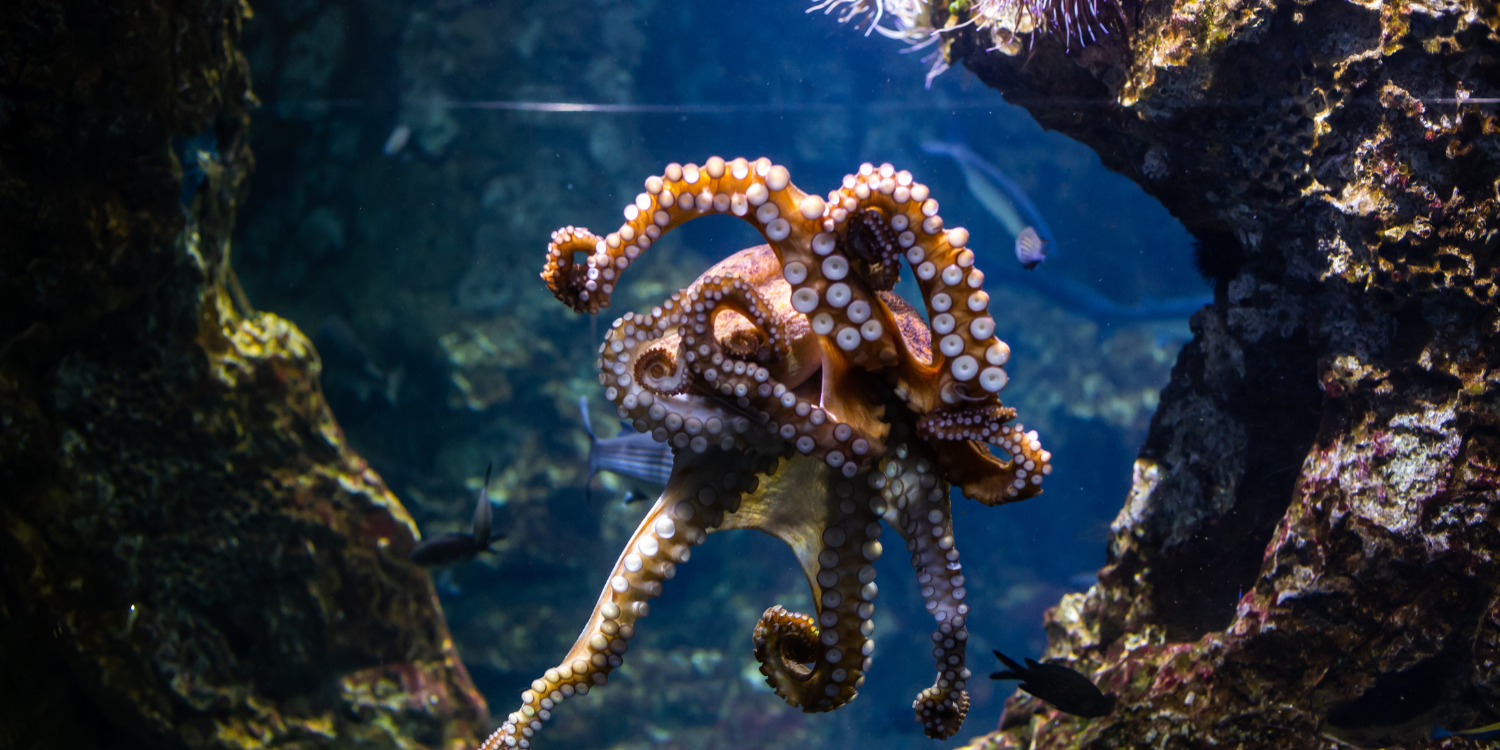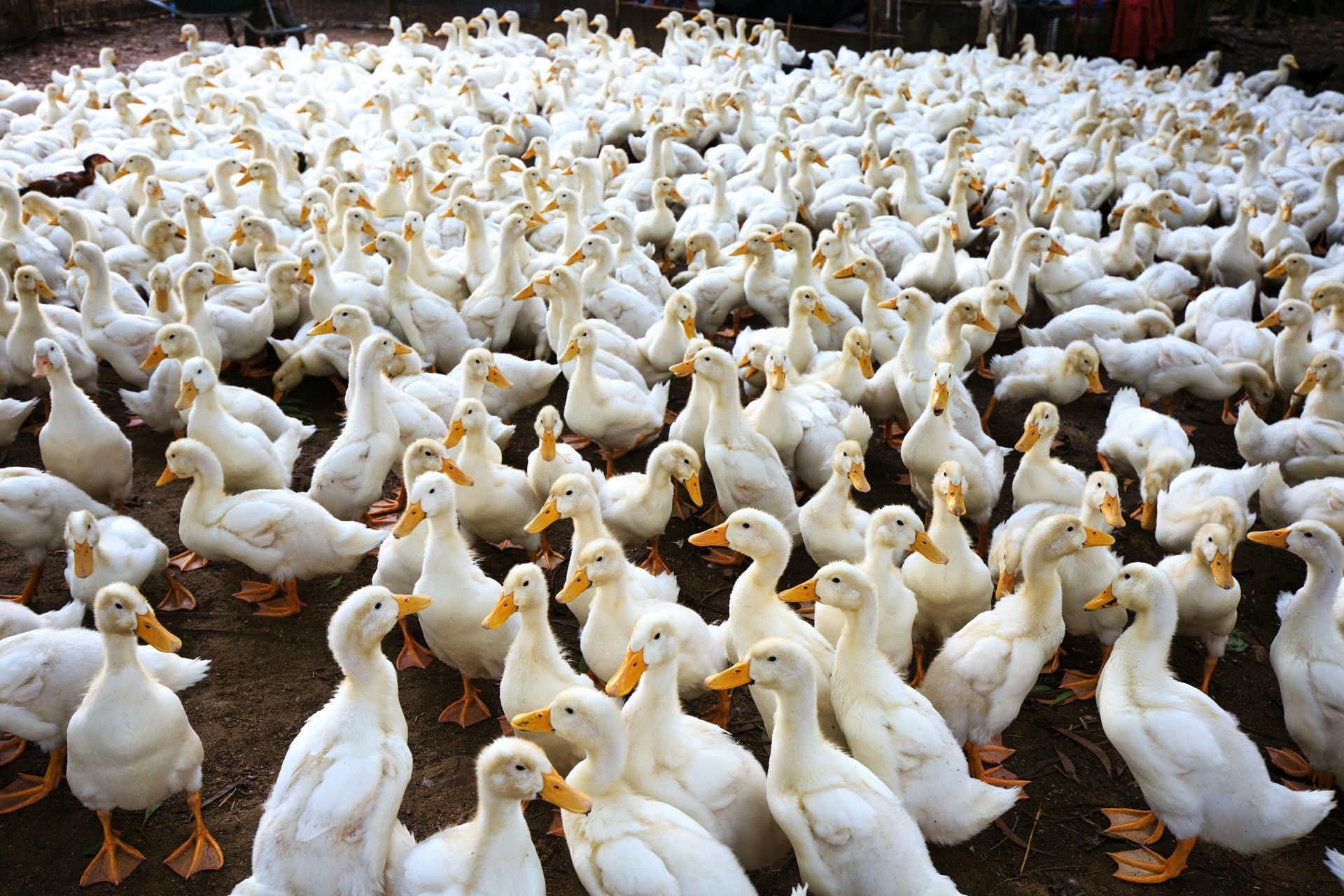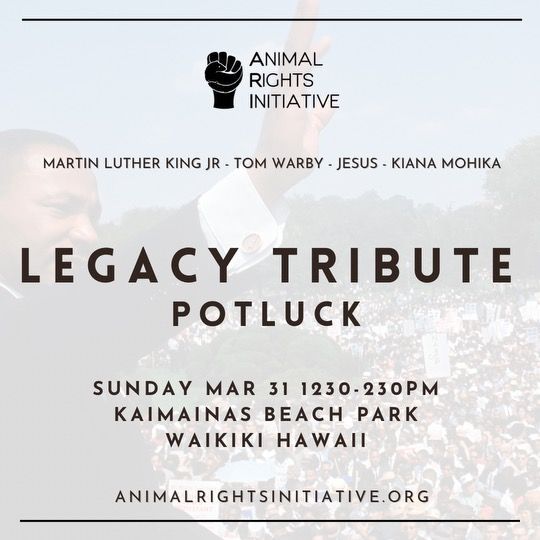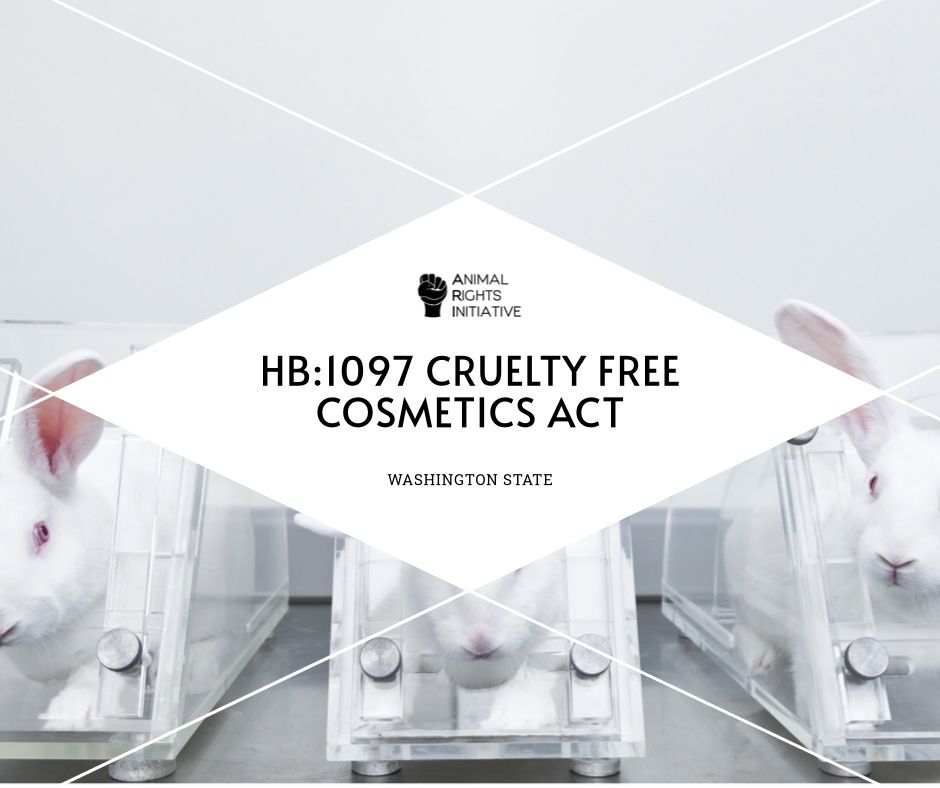NJ Octopus Bill is Introduced
Bipartisan Dual Chamber Bill Introduced in New Jersey
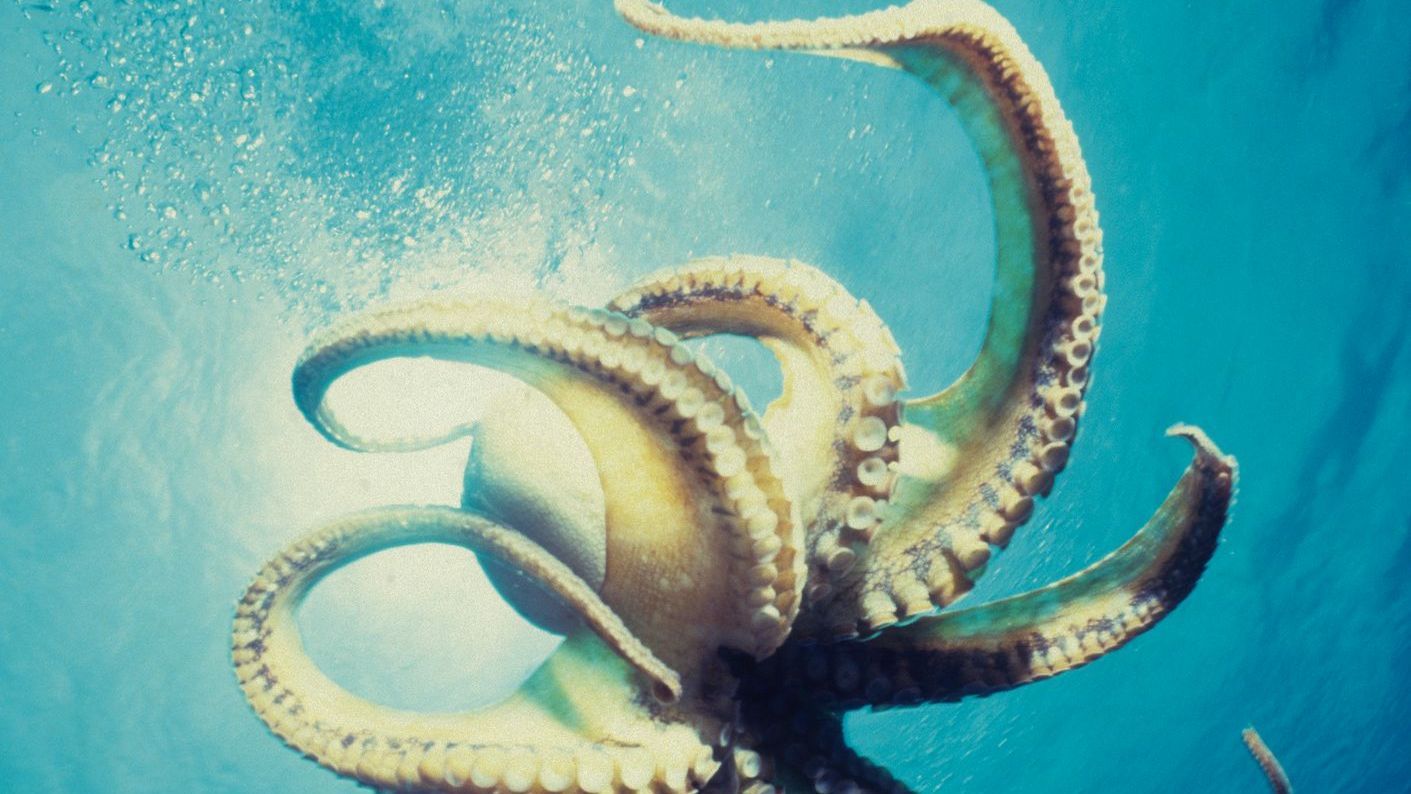
FOR IMMEDIATE RELEASE Dec 11, 2024
Assemblyman Clinton Calabrese Introduces Bill to Prohibit Octopus Farming in New Jersey
TRENTON, NJ – On Dec 9, 2024, Assemblyman Clinton Calabrese (D-Bergen/Passaic) introduced a landmark bill (#A5078), in the New Jersey General Assembly to prohibit the farming of octopus within the state. Assembly Members Christian Barranco (R-Morris/Passaic) and Cody Miller (D-Atlantic/Camden/Gloucester) joined as joint sponsors, highlighting bipartisan commitment to protecting New Jersey’s marine ecosystems from the ecological and economic threats posed by octopus farming.
If passed, New Jersey would join Washington and California in prohibiting octopus farming, further solidifying a national trend to address the environmental, economic, and ethical challenges associated with this emerging industry. This legislation aims to safeguard New Jersey’s marine habitats and fisheries, which are already under significant strain, and prevent the irreparable harm of industrial octopus farming operations.
The Case Against Octopus Farming:
The need for legislative action is urgent as researchers internationally plan to industrialize octopus farming, with the capacity to produce one million octopuses annually. Such operations come with a staggering 10-15% mortality rate—amounting to as many as 150,000 premature deaths each year. These mortality rates highlight the inhumane nature of farming such intelligent, sentient creatures and signal unsustainable practices that carry dire environmental consequences.
Octopus farming poses particular risks for New Jersey’s marine life. Octopuses are voracious predators of crabs and other shellfish, relying on a 3:1 feed-to-production ratio. This means that for every pound of octopus produced, three pounds of protein—largely crabs—are consumed. Blue crabs and horseshoe crabs, which are already protected under New Jersey law due to dwindling populations, would face further predation if octopuses escape from farming operations. Additionally, farmed octopuses can release coccidial parasite spores (Aggregata species), which infect crabs when they consume these spores. Once infected, the crabs act as carriers, spreading the parasites to wild octopus populations and other marine species. This cycle of reinfection could further destabilize New Jersey’s vulnerable crab populations and the ecosystems that depend on them.
Moreover, octopus and crustaceans are now recognized as sentient beings by over 300 studies reviewed by the London School of Economics. This groundbreaking research prompted the UK to formally acknowledge their cognitive abilities and incorporate these findings into their Animal Welfare (Sentience) Act. This recognition underscores the ethical implications of farming octopuses, whose advanced intelligence and capacity for suffering make them particularly unsuitable for intensive farming environments.
In addition, New Jersey has experienced a 30% increase in harmful algal blooms (HABs) since 2017. The nitrogen and phosphorus rich waste from industrial octopus farming would exacerbate bacterial contamination in waterways, intensify HAB occurrences, and lead to increased beach closures, harming tourism and local economies.
“The science is clear: octopus farming is unsustainable and poses catastrophic risks to New Jersey’s fragile marine ecosystem,” said Kerrie Espuga, New Jersey State Director for Animal Rights Initiative (ARI), the organization that sponsored the bill. “This legislation ensures we are taking proactive measures to protect our marine habitats and the livelihoods that depend on them.”
Impact on New Jersey’s Ecosystems and Economy:
New Jersey’s coastal and fishing industries are heavily reliant on blue crab populations, which are already under threat from pollution, habitat loss, and overfishing. The introduction of octopus farming would add another layer of risk, not only through predation but also through waste and environmental degradation. Each farming operation is estimated to generate thousands of tons of waste annually, threatening water quality and coastal health. The resulting algal blooms and bacterial contamination could lead to more frequent beach closures, harming tourism and local economies.
Horseshoe crabs, essential to New Jersey’s ecosystem and biomedical research, would also face increased risks. Escaped octopuses could severely disrupt the food web, leading to long-term ecological damage and significant economic losses for commercial and recreational fishing industries.
“This is about more than just protecting crabs,” said Amanda Fox, Executive Director of ARI. “Octopus farming poses a triple threat: environmental degradation, harm to local economies, and severe animal welfare concerns. New Jersey must lead by example in addressing this unsustainable practice.”
A Call for Action:
With this bill, New Jersey is taking a proactive stance to safeguard its marine environment and prevent the expansion of harmful farming practices. Environmental and animal protection organizations, as well as concerned citizens, are encouraged to support the legislation and advocate for swift passage in the General Assembly by following this link.
Media Contact:
Kerrie Espuga
New Jersey State Director
Animal Rights Initiative (ARI)
973.632.7283 KerrieEspuga.ARI@gmail.com



